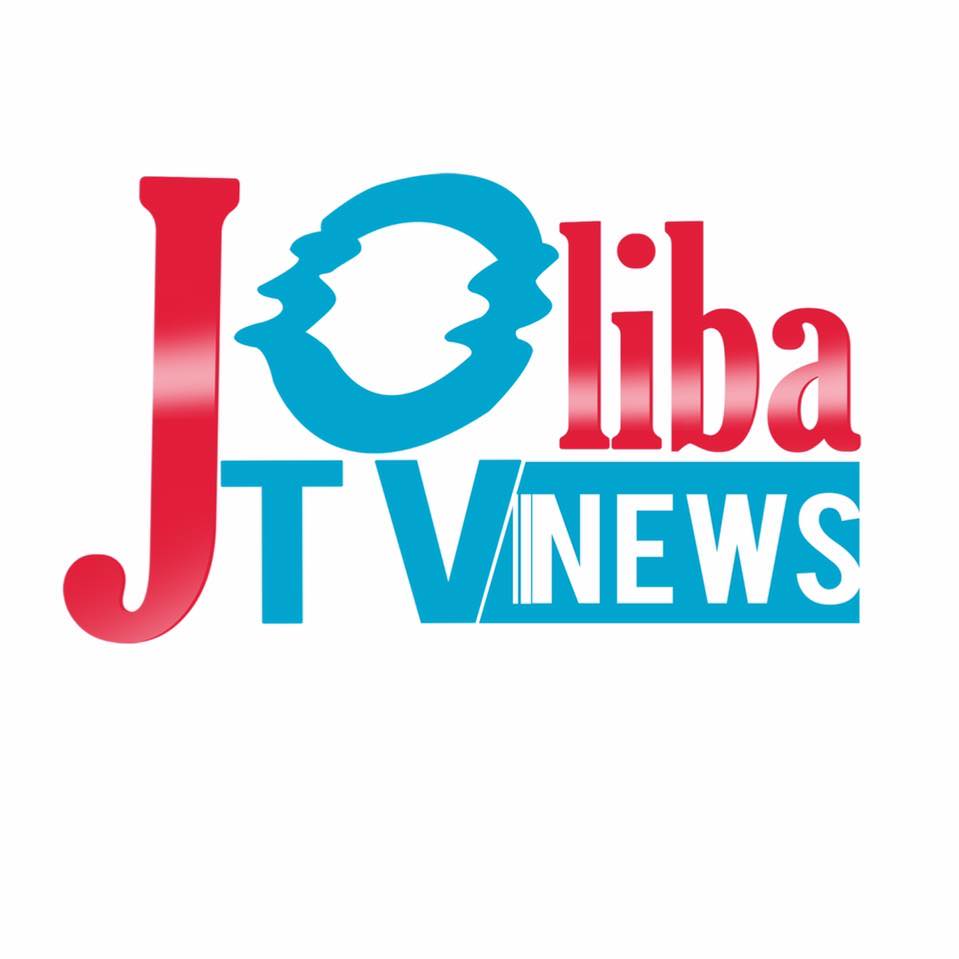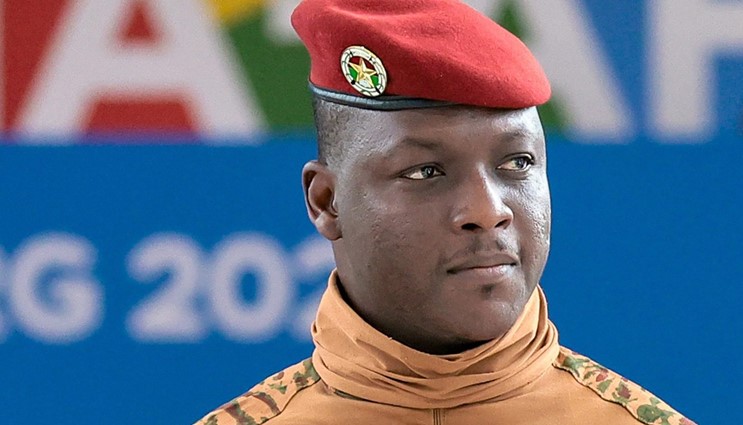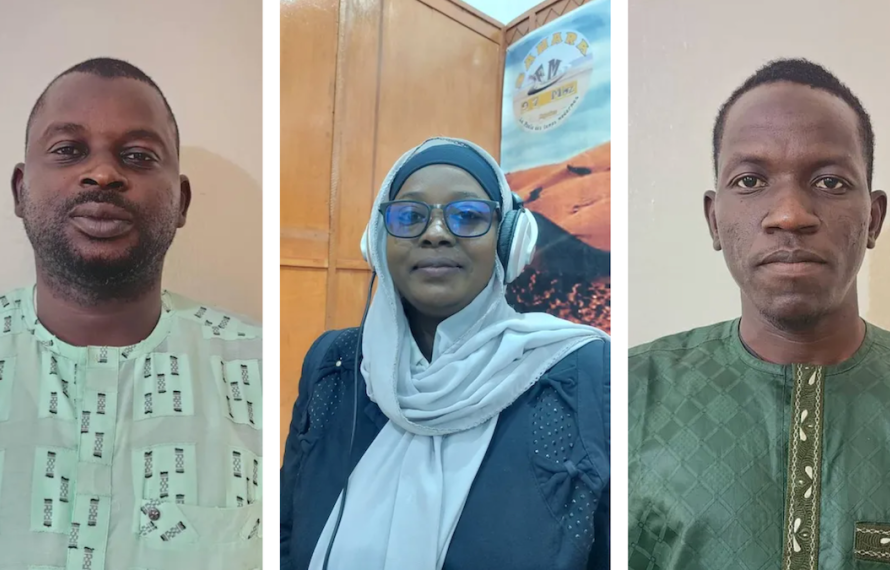Mali’s High Authority for Communication (HAC) has decided to revoke the operating license of the private broadcaster, Joliba TV News, following a complaint from Burkina Faso’s Conseil Supérieur de la Communication (CSC).
The private Malian station’s management was notified on Thursday, November 21, 2024, of the decision, which will take effect on November 26. However, the station has three days to appeal the decision at Mali’s Supreme Court.
In a letter dated November 12, 2024, the CSC asked its Malian counterpart to take the punitive measure against Djoliba TV News, which it accused of discrediting the country’s government. The accusation stemmed from a programme on Joliba TV during which a columnist, Issa Kaou N’Djim, questioned official communication concerning an attempted coup in Burkina Faso.
Mr N’Djim has been in prison since November 13, 2024, with his trial scheduled for December 23, 2024.
After summoning Joliba TV News to appear before them, the HAC took the decision to revoke the station’s license and close it down. This decision has raised many questions, not only about the merits of the charges against Joliba TV, but also about the state of freedom of expression in Mali.
When regulation becomes censorship
While the HAC justifies its action as necessary regulation, it is difficult not to see it as a form of repression against a media voice that, until now, had shown itself to be independent. While the discussions hosted by Joliba TV have occasionally sparked controversy, it is difficult to accept that this in itself is sufficient grounds for such a radical sanction. It is not difficult to see how this sanction potentiates the media in Burkina Faso and Mali, being coerced to self-censor.
Nevertheless, freedom of the press is an essential pillar of democracy. It provides a forum for dialogue, even on sensitive issues, and enables citizens to develop an informed opinion.
A dangerous precedent for regional cooperation
This matter could have repercussions extending beyond Mali’s borders, affecting diplomatic and media relations in West Africa. The complaint by Burkina Faso’s CSC was immediately taken up by the HAC. This swift response raises concerns as to whether the Malian authorities acted under pressure from outside.
This precedent could encourage other countries to seek sanctions against critical or independent media, undermining the spirit of cooperation and exchange that should prevail between nations sharing a common history and future.
Maison de la Presse calls for sanctions to be revoked
In the wake of the decision to revoke the license of the private television station, the president of the Maison de la Presse, Bandiougou Danté, announced the decision of the representatives of the umbrella organisation to enter into negotiations with the HAC in order to persuade the regulator to reverse its ‘radical’ decision.
The Media Foundation for West Africa (MFWA) is concerned by the controversial sanction imposed on Djoliba TV News and joins its partner in Mali, La Maison de la presse, in calling for the cancellation of the decision to revoke the TV station’s license. We also call on the Malian authorities to release columnist, Issa Kaou N’Djim, and drop all charges against him.






